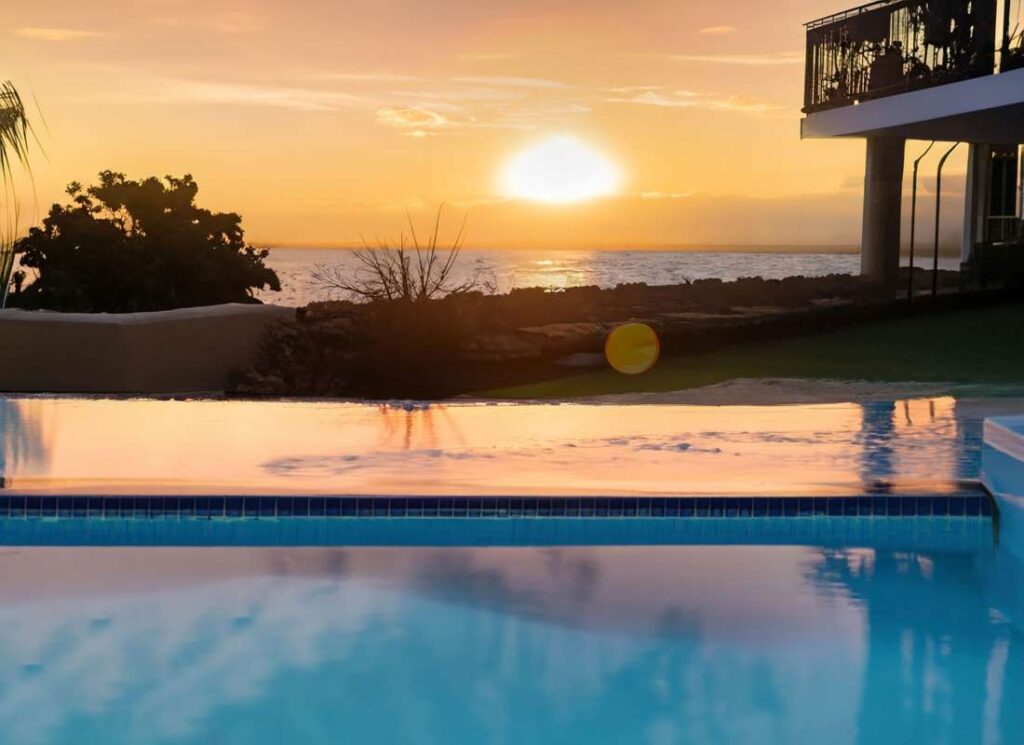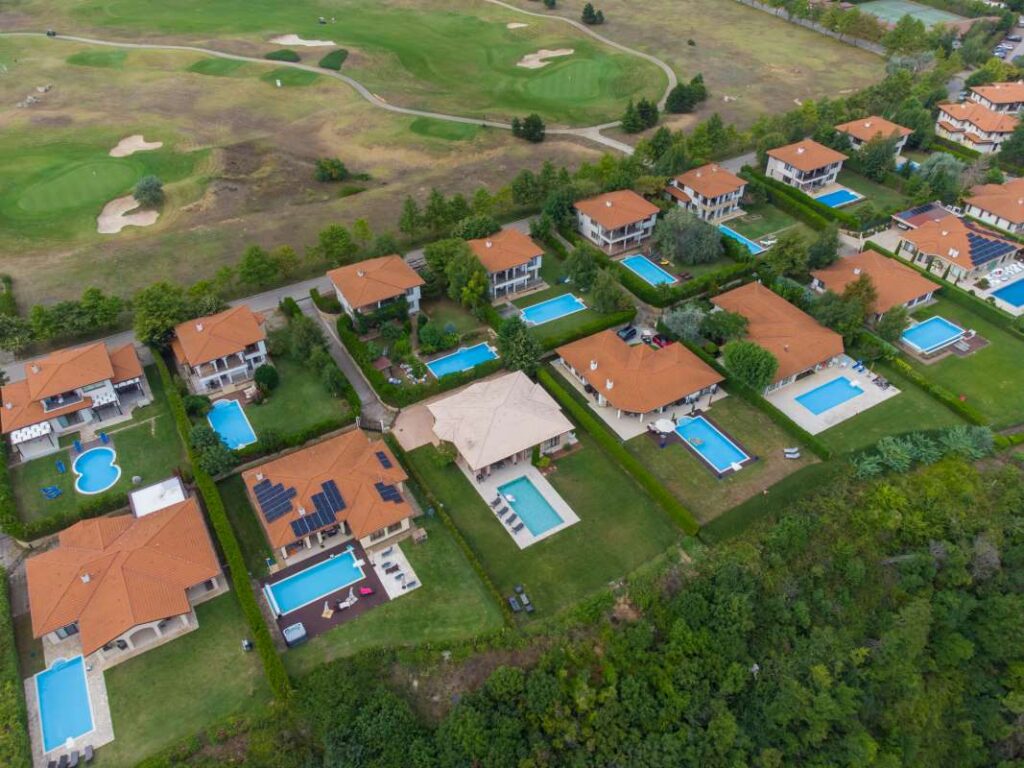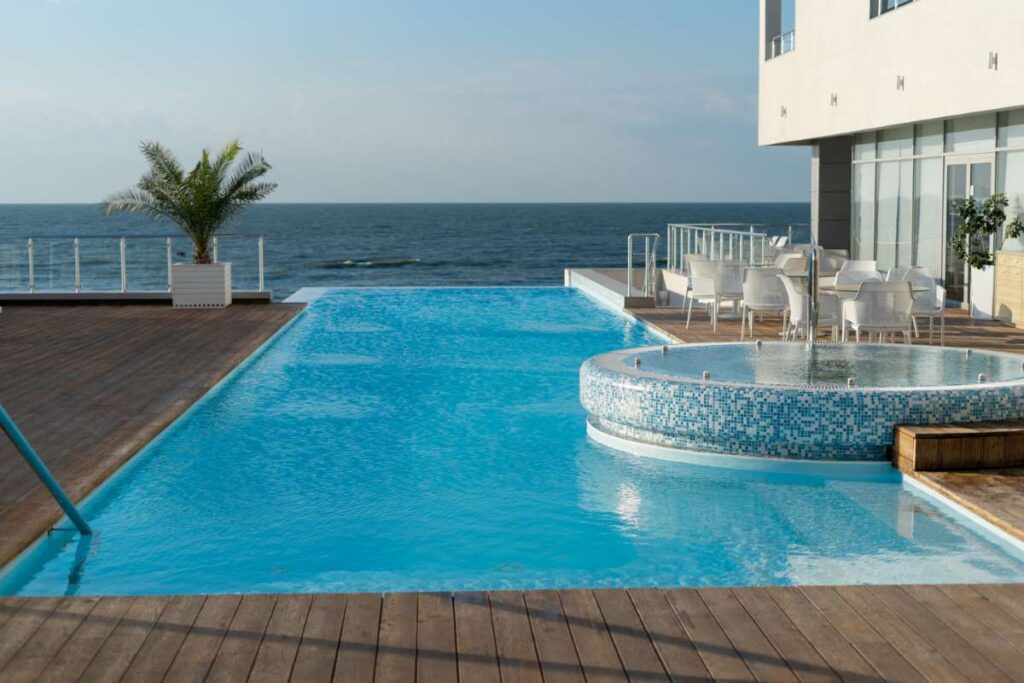Discover the essential financial planning strategies to successfully start your pool route business. Learn how to manage costs, pricing, and profits for a thriving venture.
Starting a Pool Route Business: Financial Planning
Starting a pool route business can be a lucrative and rewarding endeavor, but it requires careful financial planning to ensure long-term success. In this comprehensive guide, we’ll walk you through the financial considerations that are crucial for setting up and managing a pool route business. From estimating startup costs to managing ongoing expenses and maximizing profits, this post provides the insights you need to create a sustainable business model. Whether you’re an aspiring entrepreneur or an existing pool service professional, this guide will help you make informed financial decisions that drive success.
Introduction
The pool maintenance industry offers a solid business opportunity for aspiring entrepreneurs and established service professionals looking to expand their operations. Starting a pool route business involves managing a set of clients who require regular pool maintenance services, from cleaning to water chemistry. However, before diving into the pool service industry, it’s essential to establish a strong financial plan. Understanding the costs involved, setting up appropriate pricing models, and projecting potential earnings will help you succeed and build a profitable business.
In this blog post, we’ll cover the key financial considerations that should be part of your planning process. We’ll also look at how to leverage support from a company like Superior Pool Routes to make your entry into the pool service industry smoother and more cost-effective. Whether you're purchasing an existing route or starting from scratch, financial planning is the backbone of any successful pool route business.
Understanding the Costs of Starting a Pool Route Business
Before you can start generating income from your pool route business, it's important to understand the initial costs involved. These can vary depending on factors such as location, the number of accounts you plan to service, and whether you’re purchasing an existing route or starting from scratch.
Startup Costs
-
Vehicle: If you don’t already have one, you’ll need a reliable vehicle to transport equipment to and from your clients’ properties. A van or truck is ideal for carrying the necessary tools, chemicals, and cleaning equipment. A vehicle can cost anywhere from $10,000 to $30,000, depending on whether it’s new or used.
-
Equipment: The pool maintenance equipment you need will vary based on the type of services you offer. Some of the basic equipment includes pool vacuums, skimmers, chemicals, test kits, filters, and cleaning tools. On average, the cost of pool equipment for a single technician could range from $1,000 to $5,000, depending on the scale of your business.
-
Insurance: To protect your business, you’ll need insurance that covers both liability and workers’ compensation. The cost of insurance varies by location and the size of your business but can average between $1,000 and $3,000 per year.
-
Training and Support: Many pool service professionals opt for training programs to ensure they are proficient in pool maintenance techniques. A company like Superior Pool Routes offers a comprehensive training platform with videos and in-field support that can be a cost-effective way to get started. Training fees can range from $500 to $2,000 depending on the program and location.
Ongoing Operating Costs
Once your pool route business is up and running, you’ll need to account for regular operating expenses. These include:
-
Labor Costs: If you plan to hire additional technicians to assist with the work, you’ll need to budget for wages. The average pay for a pool technician ranges from $15 to $25 per hour, depending on experience and location.
-
Chemical Supplies: Pool chemicals, such as chlorine and algaecides, are ongoing expenses for your business. The cost of chemicals can vary but generally ranges from $100 to $300 per month, depending on the size of the pools you service.
-
Fuel: Operating a pool route requires significant driving, so fuel will be a recurring expense. The amount spent on fuel depends on the size of your route and the distance between accounts, but on average, you could expect to pay between $200 and $500 per month.
-
Marketing and Advertising: If you need to attract new customers, you may need to invest in marketing efforts, such as online ads, flyers, or website development. Budgeting around $200 to $1,000 per month for marketing can help generate leads and grow your business.
Pricing Your Pool Route Services
One of the most crucial elements of financial planning in a pool route business is setting your pricing structure. You need to charge enough to cover your expenses and generate a profit, but you also need to remain competitive within the market.
Understanding the Market Rates
Pool service rates vary widely depending on location, the complexity of the service, and the size of the pool. On average, pool cleaning services cost between $100 and $200 per month for standard residential pools. However, factors such as water chemistry, filter maintenance, and pool equipment inspections can increase the price.
To accurately price your services, you should research the going rates in your local market and consider what your competition is charging. If you are purchasing a route through a company like Superior Pool Routes, the pricing structure can be tailored to the number of accounts you choose. For example, routes with more than 40 accounts are priced at six times the monthly billing, offering an opportunity for a quicker return on investment.
Pricing Models
A common approach is to charge a flat monthly rate per pool based on the level of service required. You can also offer additional services such as pool repairs, filter cleaning, or emergency visits for an additional fee.
Here’s a basic breakdown of pricing options:
- Basic Pool Cleaning: $100 to $150 per month
- Filter Cleaning: $25 to $50 per service
- Repairs and Maintenance: Priced based on the nature of the repair, but typically between $50 and $200 per job
In areas like Florida, where pool maintenance is in high demand, average monthly billing could be around $100 per account. In Texas, you might see slightly higher rates due to the larger pool sizes and more extensive service needs, with average billing reaching $150 per month.
Maximizing Profits and Managing Cash Flow
To turn your pool route business into a profitable venture, it’s essential to focus on managing your cash flow effectively. Since many of your expenses are recurring, it's crucial to stay on top of billing cycles, payments, and expenses.
Managing Cash Flow
One way to manage cash flow is by establishing a system for regular invoicing. Offering clients discounts for upfront payments or implementing automatic payment systems can help maintain a steady income stream. You can also offer incentives to customers who refer new business, helping you grow your route and increase profits.
Minimizing Costs
While you can’t avoid certain fixed costs, there are ways to reduce other operational expenses. For example, by purchasing pool supplies in bulk or finding more affordable suppliers for chemicals and equipment, you can reduce your overall overhead. Additionally, optimizing your route for efficiency by grouping clients in the same geographical area can lower your fuel costs and reduce wear and tear on your vehicle.
Increasing Revenue
As your business grows, consider expanding your service offerings to include pool repairs, equipment sales, or seasonal services such as winterization. These additional revenue streams can supplement your regular cleaning services and help boost your bottom line.
For instance, a pool repair job can range from $100 to $500, depending on the extent of the issue, and can be a profitable addition to your service menu.
How to Grow Your Pool Route Business
Scaling a pool route business requires both strategic planning and investment. One of the quickest ways to grow your business is by purchasing additional routes or expanding your current client base.
Purchasing Existing Routes
If you are new to the pool service industry, purchasing an established route can help you skip the lead generation phase and start with a steady stream of income. Companies like Superior Pool Routes offer pool routes for sale across various states, including Florida, Texas, and California. These routes are priced according to the number of accounts, with options ranging from small routes with 20 accounts to larger ones with 200 accounts.
The benefit of purchasing a route through a company like Superior Pool Routes is that you can get access to pre-established accounts, comprehensive training, and ongoing support, ensuring you can focus on growing your business right away.
Expanding Your Route
As you acquire more accounts, it’s important to ensure you have the infrastructure and staff to manage the increased workload. This may involve hiring additional technicians, purchasing more equipment, and investing in better route management software to optimize your operations.
Conclusion
Starting a pool route business requires careful financial planning, but with the right strategies in place, it can be a highly rewarding venture. From understanding startup costs and setting competitive prices to managing cash flow and maximizing profits, the financial decisions you make early on will impact the success of your business.
For those looking to hit the ground running, purchasing an established route through a reputable provider like Superior Pool Routes offers a fast track to success with access to training, support, and a ready customer base.
Take the time to create a detailed financial plan, and you’ll be well on your way to building a successful pool route business that delivers a steady income and long-term growth.



